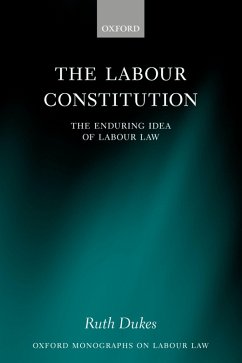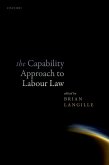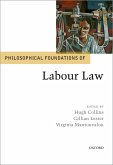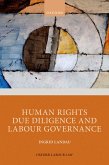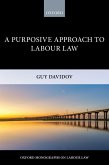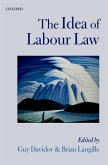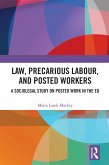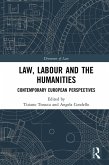By exploring different approaches to the study of labour law, this book re-evaluates how it is conceived, analysed, and criticized in current legislation and policy. In particular, it assesses whether so-called 'old ways' of thinking about the subject, such as the idea of the labour constitution, developed by Hugo Sinzheimer in the early years of the Weimar Republic, and the principle of collective laissez-faire, elaborated by Otto Kahn-Freund in the 1950s, are in fact outdated. It asks whether, and how, these ideas could be abstracted from the political, economic, and social contexts within which they were developed so that they might still usefully be applied to the study of labour law. Dukes argues that the labour constitution can provide an 'enduring idea of labour law', and an alternative to modern arguments which favour reorienting labour law to align more closely with the functioning of labour markets. Unlike the 'law of the labour market', the labour constitution highlights the inherently political nature of labour laws and institutions, as well as their economic functions. It constructs a framework for analysing labour laws, labour markets, and institutions, to allow scholars to critique the current policy climate and, in light of the ongoing expansion of the global labour market, assess the impact of the narrowing and disappearance of spaces for democratic deliberation and democratic decision-making on workers' rights.
Dieser Download kann aus rechtlichen Gründen nur mit Rechnungsadresse in A, B, BG, CY, CZ, D, DK, EW, E, FIN, F, GR, HR, H, IRL, I, LT, L, LR, M, NL, PL, P, R, S, SLO, SK ausgeliefert werden.

